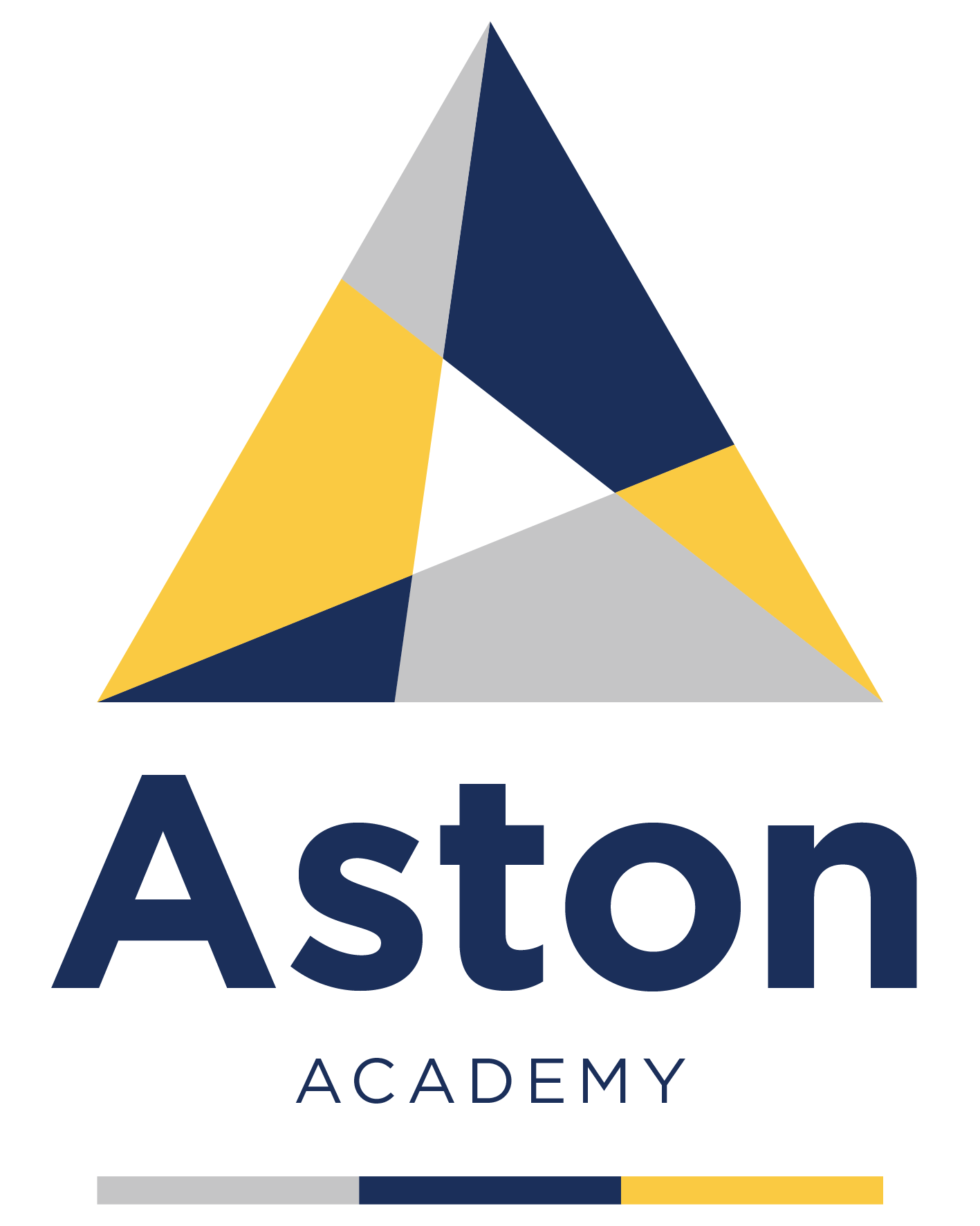English
Curriculum Intent
The study of both the English language and English literature provides our students with the opportunity to explore how the world works from different perspectives and through different written and spoken forms. We explore a diverse range of text types, both fiction and non-fiction, in order to allow students to form opinions about the world, develop their own written style, and become confident, critical readers and speakers who go on to articulate their ideas in a thoughtful, developed manner
KS4 English Language and English Literature GCSE
Exam Board: Eduqas
Year 10
In Y10, students begin with the study of ‘An Inspector Calls’ by J.B. Priestley. This is eventually assessed on English Literature Paper 2.
This is followed by study of ‘A Christmas Carol’ by Charles Dickens. This is also eventually assessed on English Literature Paper 2.
Following this, we study the Eduqas poetry anthology which contains a collection of poems spanning a range of different themes, such as nature, war, and love. Current Y11 study 18 poems but current Y10 will be studying 15 poems. This is eventually assessed on English Literature Paper 1.
Once the study of the poetry is complete, we move on to learning how to approach the reading section of English Language paper 1. This paper assessed students’ ability to read and interpret an unseen piece of fiction. We then move on to study the narrative writing section, for which students produce a fictional narrative.
Concurrently, we study the play, ‘Macbeth’ by William Shakespeare, which is eventually assessed on English Literature Paper 1.
At the end of Y10, we complete the speaking and listening endorsement, which is a five-minute presentation on a topic of interest, followed by a series of questions. This does not count to students’ overall grade but is awarded with a Pass, Merit, or Distinction grade.
Year 11
In Y11, students continue with their study of ‘Macbeth’.
Concurrently, we study English Language Paper 2, which is 60% of students’ overall English Language GCSE. This paper allows students the opportunity to explore a range of non-fiction texts, write about a writer’s use of language, and compare texts. We also study the writing section, which is where students produce transactional texts, such as a speech, a letter, an article, a review, or a report.
We then move on to revising the key questions on each part of the Literature paper, such as the essay questions.
Students will also study unseen poetry, which is eventually assessed on English Literature Paper 2.
As the year progresses, we revisit each part of the English Language and English Literature syllabus in order to ensure that we are frequently revisiting prior knowledge and practising past exam papers.

